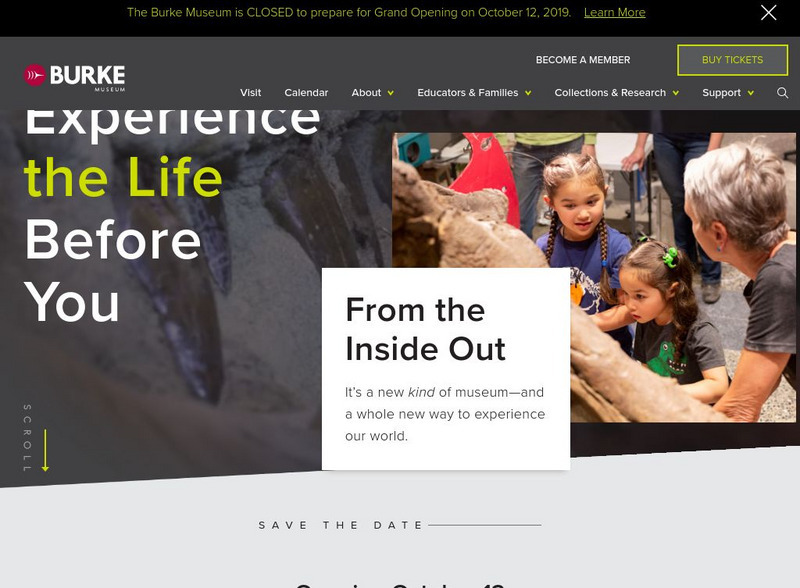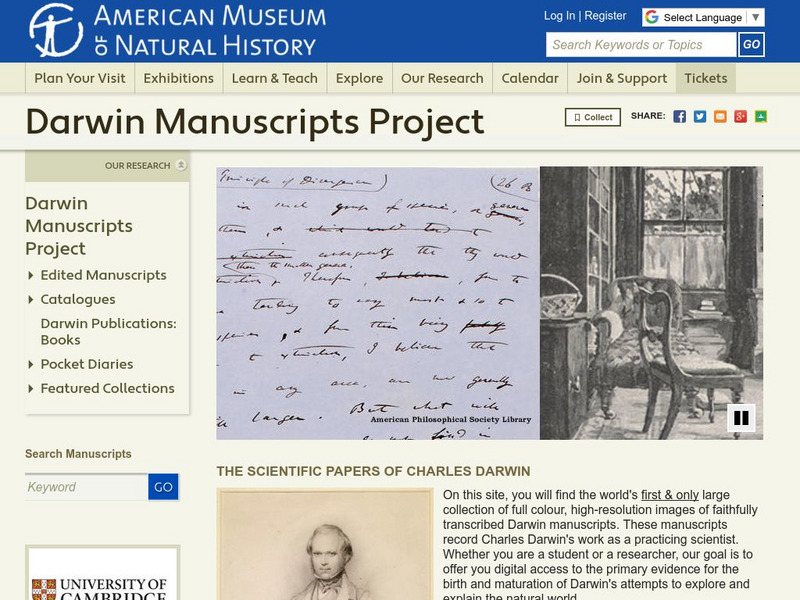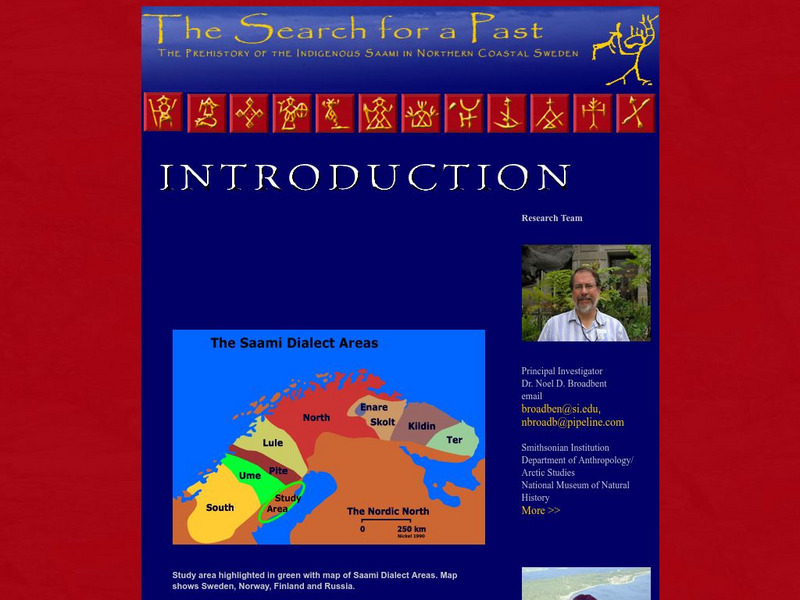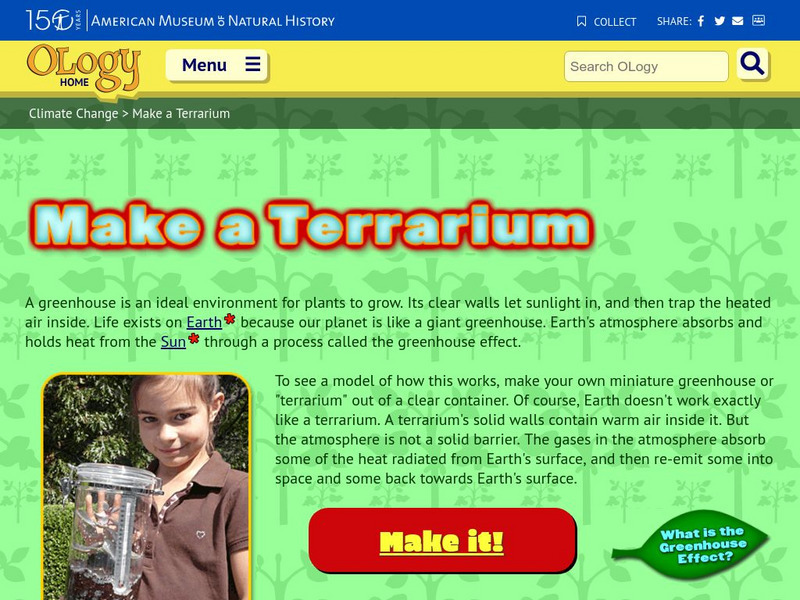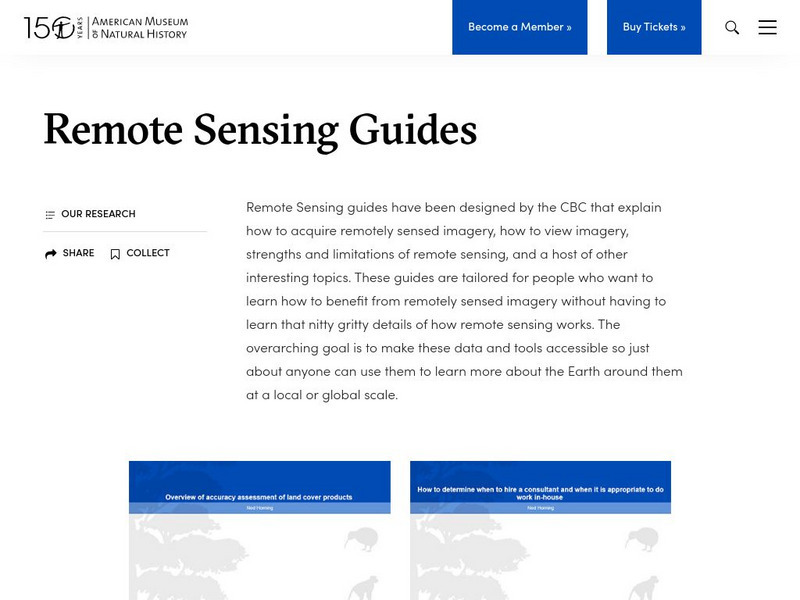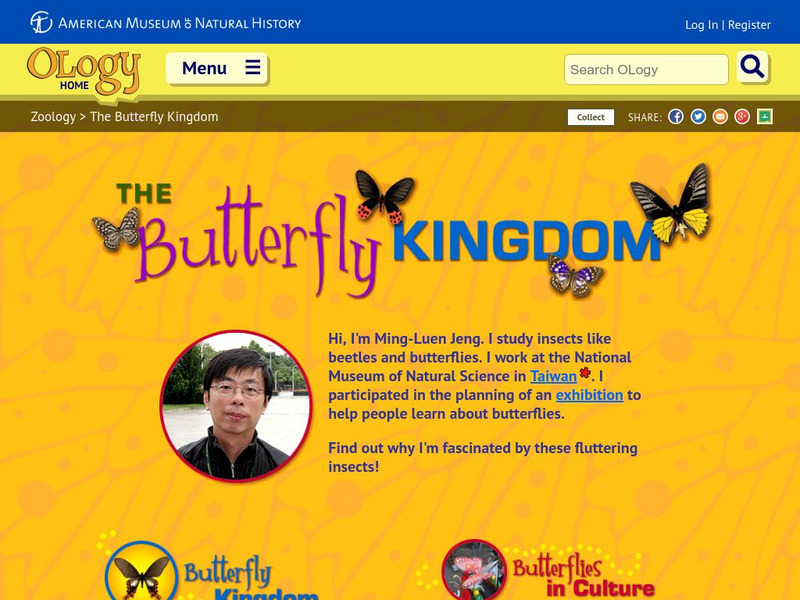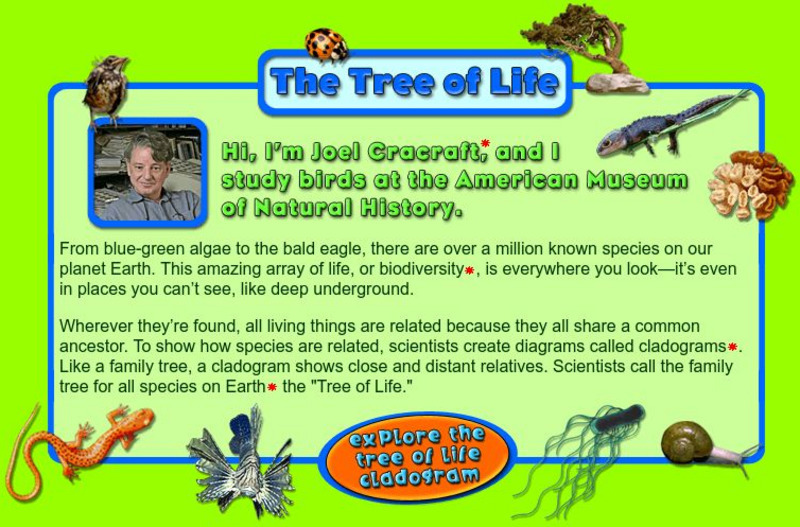Hi, what do you want to do?
University of Florida
Florida Museum of Natural History: Pterois Volitans: Red Lionfish
The Florida Museum of Natural History presents this informative article on the Red Lionfish which is native to reef habitats of the Indo-Pacific. General information including photographs and a habitat map.
Smithsonian Institution
National Museum of Natural History: Northwest Coast American Indian Bibliography
The National Museum of Natural History of the Smithsonian presents an extensive annotated bibliography of works on Native Americans for grades K-12.
Burke Museum
The Burke Museum of Natural History & Culture
The museum features online quizzes and exhibits like Kennewick Man, "Mammals of Washington," Amphibians and Reptiles of Washington," archeology, and vertebrate paleontology.
American Museum of Natural History
American Museum of Natural History: Darwin Manuscripts Project
Background information and slideshow presentation on creating the Origin of Species scientific manuscripts.
Smithsonian Institution
National Museum of American History: Preparing for the Oath: u.s. History and Civics for Citizenship
This site from the National Museum of American History, part of the Smithsonian Institution, is a great site for citizens and those learning to become citizens alike. Review the fifteen themes that deal with U.S. history and civics,...
Other
National Museum of Industrial History
Explore these exhibitions, previously located in the Smithsonian Institute, which feature the great Americans who contributed to the industrialization of the United States beginning with the nation's centennial celebration. Plan a trip...
University of Florida
Florida Museum of Natural History: Our Natural World
The focus of this guide is the natural world around us and its aim is to foster children's understanding and appreciation of the environment right outside their doors.
American Museum of Natural History
American Museum of Natural History: O Logy: Layers of Time: Fossil Game
Game through which students order layers of sedimentary rock, from oldest to newest, based on the type of fossils they contain.
American Museum of Natural History
American Museum of Natural History: The Ancient City of Petra
Explore the story and history of the ancient city of Petra.
American Museum of Natural History
American Museum of Natural History: Dinosaurs: Bambiraptor and Birds
A 14-year-old boy found the fossils of a brand new species of dinosaur--the Bambiraptor. Find out the fun facts about what scientists have discovered about the Bambiraptor and how closely it was related to birds with this resource.
American Museum of Natural History
American Museum of Natural History: A Walk Through the Ruins of Petra
Explore an ancient city carved into the sandstone cliffs.
American Museum of Natural History
American Museum of Natural History: Race to the End of the Earth
Multimedia-rich exhibition documents the race, in 1911, to be the first to reach the South Pole. Two teams undertook the perilous journey, one British, led by Robert Scott, and one Norwegian, led by Roald Amundsen. With digital dioramas,...
Carnegie Museum of Natural History
Carnegie Museum of Natural History: Online Exhibitions
A collection of exhibits that can be found online allowing students to research the museums' artifacts and displays. Exhibits include earth science and dinosaurs topics.
Smithsonian Institution
National Museum of Natural History: Paleobiology: Absolute Dating
An explanation of radiometric or absolute dating of geological formations based on using the half-life of radioactive elements to figure out how old given rock layers are. A link on the left provides information about relative dating as...
American Museum of Natural History
American Museum of Natural History: Sharks and Rays: Myth and Reality
Learn about the reproductive system of the dogfish shark through a video gallery. Also read about the myth that sharks must constantly swim or they will die. PDF transcripts are available for each video.
American Museum of Natural History
American Museum of Natural History: O Logy: What Do You Know? Archaeology
A ten question quiz on the study of archaeology.
Smithsonian Institution
National Museum of Natural History: Indigenous Saami in Northern Coastal Sweden
The Saami people of Sweden are the focus of study for this Smithsonian research team. There are photos of Saami archaeological sites and descriptions of their cultural practices. Links for further research are provided.
American Museum of Natural History
American Museum of Natural History: Greenhouse Effect: Make a Terrarium
Capture the essence of life within your own miniature greenhouse, or terrarium.
American Museum of Natural History
American Museum of Natural History: Biodiversity Informatics: Remote Sensing
Guides and interactive tools to understand how remote sensing works. It includes links to several articles on various aspects of remote sensing.
American Museum of Natural History
American Museum of Natural History: How Lou Got the Flu
Illustrated storybook description of how the influenza virus spreads from animals to humans.
American Museum of Natural History
American Museum of Natural History: Ology: The Butterfly Kingdom
Learn about Taiwan's amazing wealth of butterflies, many of which can be found nowhere else in the world. See how butterflies have influenced Taiwanese culture, how some people have made a business from butterflies, and about efforts...
Carnegie Museum of Natural History
Carnegie Museum of Natural History: Needle to the North
Online exhibit explores Arctic expeditions of the twentieth-century via the photos and field notes of researchers who experienced the "alien landscape rife with cold, darkness, and isolation."
Smithsonian Institution
National Museum of Natural History: Ocean Portal: Corals and Coral Reefs
Learn about corals and the importance of coral reefs to ocean ecosystems. Find out how reefs are created, what threats they face, and what kinds of conservation tactics are being used to protect and preserve them.
American Museum of Natural History
American Museum of Natural History: O Logy: The Tree of Life
Learn about the diversity of species on Earth by exploring a cladogram, a graph-like tree of life that illustrates relatedness among species. Includes instructions for reading cladograms and a pie chart that summarizes the percentages of...







